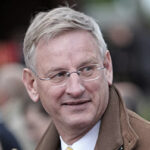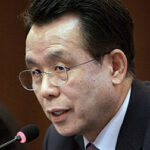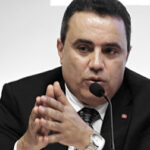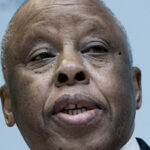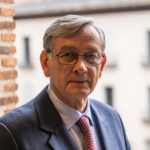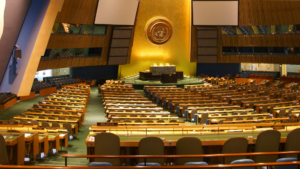Right after discussing Multilateralism and Sustainable Development at the Imperial Springs International Forum (Guangzhou, China), World Leadership Alliance-Club de Madrid (WLA-CdM) organized on 4 December a roundtable to present the conclusions of the forum, discuss the limits of the current multilateral system and propose reforms.
Held in partnership with the UN’s Beijing Office, the event gathered ideas from diverse backgrounds (WLA-CdM Members, representatives of international organizations and ambassadors) looking at the upcoming 75th anniversary of the UN as a chance to revisit the multilateral system.
No reform without reflection
Danilo Türk, former President of Slovenia and WLA-CdM Member, highlighted the significant amount of accumulated political experience by the WLA-CdM Members sitting at the table, representing various regions of the world.
“We are open to the idea of reform, what we want to know is the right reform”, said Danilo Türk, who aside from heading Slovenia’s Presidency was Assistant to the Secretary-General for Political Affairs. Türk cautioned the audience against reform without reflection.
The WLA-CdM President-elect, like other attendees, commented on China’s remarkable development and its reinforced international role and observed how the rapid development that the country underwent left it with underlying issues. Social problems due to rapid urbanization, for example, are common to many other countries and could be discussed in multilateral fora.
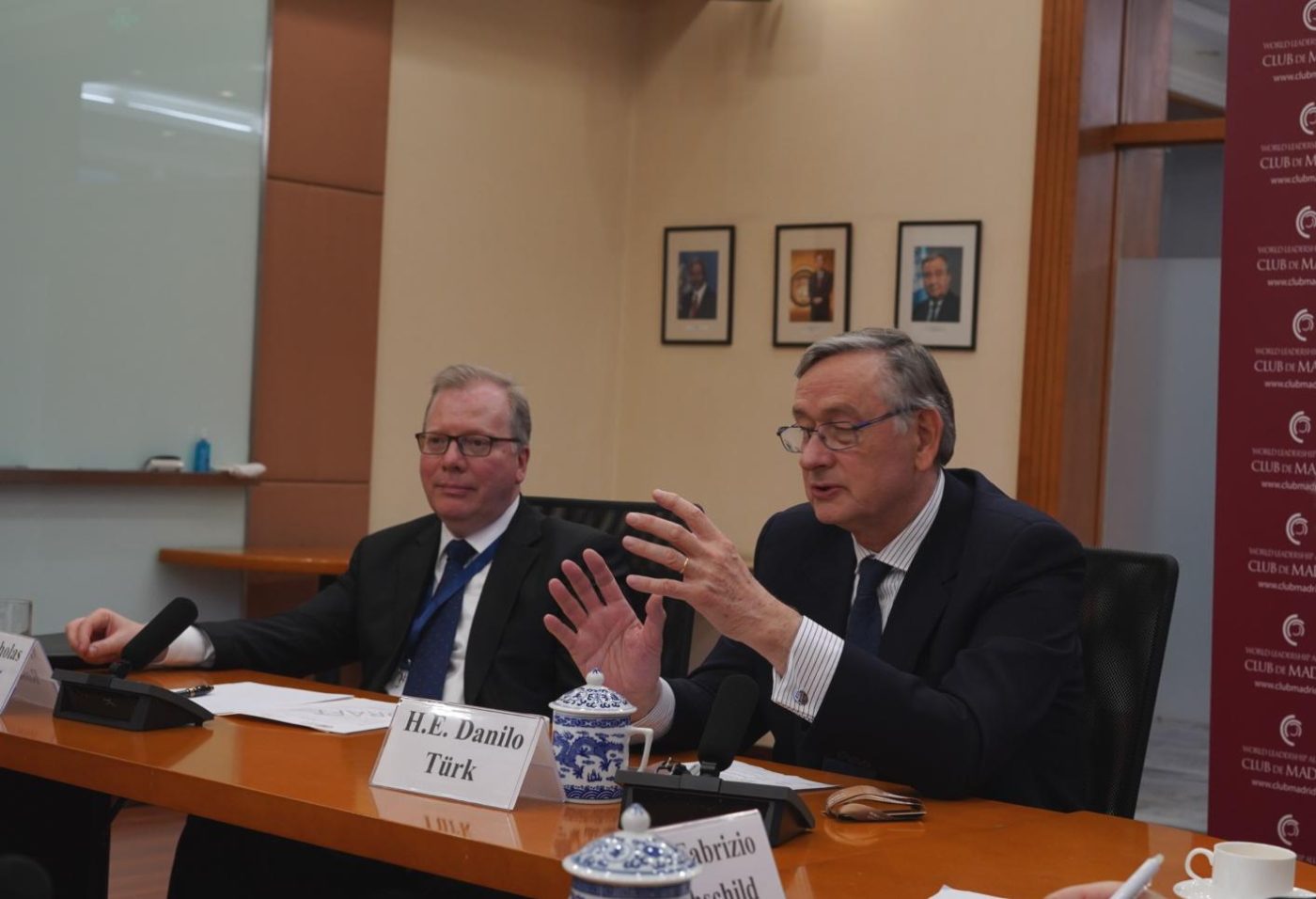
An anniversary to rethink the future
In order to tackle the many issues piling up in the country’s agendas (SDGs implementation, migration management, climate change…), Danilo Türk claimed that we need “intellectual imagination and political courage”. He acknowledged the debate that SG António Guterres is opening up, with the occasion of the UN 75th Anniversary, as a courageous and necessary intellectual exercise.
This is a point that Fabrizio Hochschild, Under-Secretary-General for preparations of the UN 75th Anniversary, picked up. He introduced the process that the UN is following to revive multilateralism, mentioning WLA-CdM Members and the Imperial Springs International Forum 2019, held a few days before, as valuable assets that contribute to such debate.
“We are facing a dangerous contradiction between a growing number of challenges that can only be tackled through global cooperation and multilateralism; and at the same time a retreat of this method to solve global problems”, he observed.
Regional perspectives of the multilateral system
Reflections on how the multilateral system can function better continued to dominate the debate in which WLA-CdM Members from different regions of the world offered their own perspective.

Han Seung-soo, the former Prime Minister of Korea, who also presided over the 56th session of the UN General Assembly, highlighted that China and Japan are some of the biggest contributors to the UN budget. He then claimed that the UN has often stood alone, lacking support from other sectors. The former President of the General Assembly said that for a renewed multilateralism, one capable of achieving Agenda 2030, the UN needs a more organic relationship with external organizations, as well as strong support from all multilateral institutions.
PM Han recalled how the 2008-2010 crisis was solved. Multilateral institutions played a big role. In the current climate, would we be able to solve it? “We wouldn’t be able to solve the problem”, Han believes.
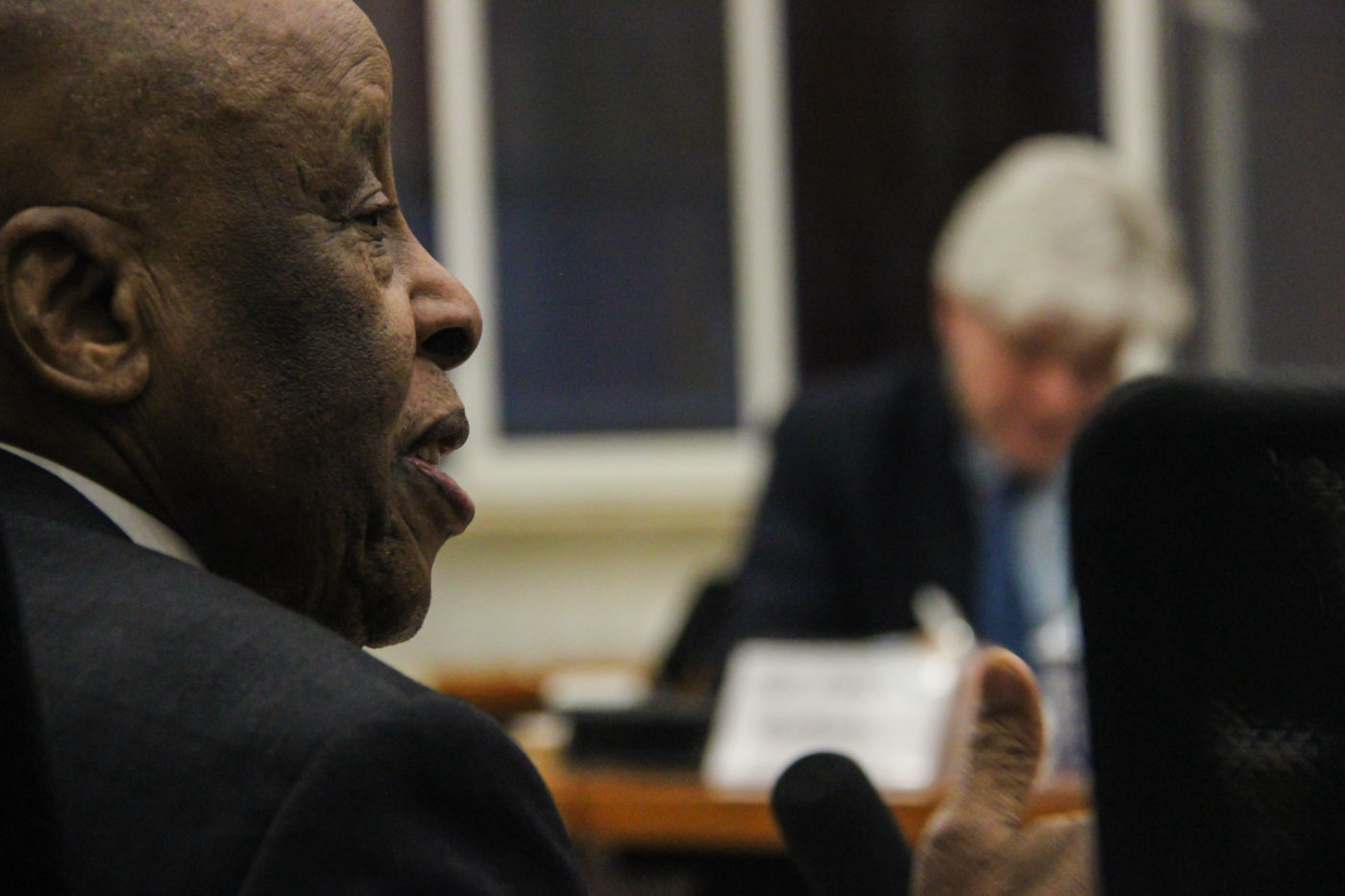
Festus Mogae, the former President of Botswana said that Africa has not been able to contribute to the multilateral system, as the continent has long been under the influence of other players. “We believe in exchange, persuasion, and logic”, said President Mogae, key traits of any multilateral process. From his point of view, Africa wants to work together and support institutions for the good of humanity.
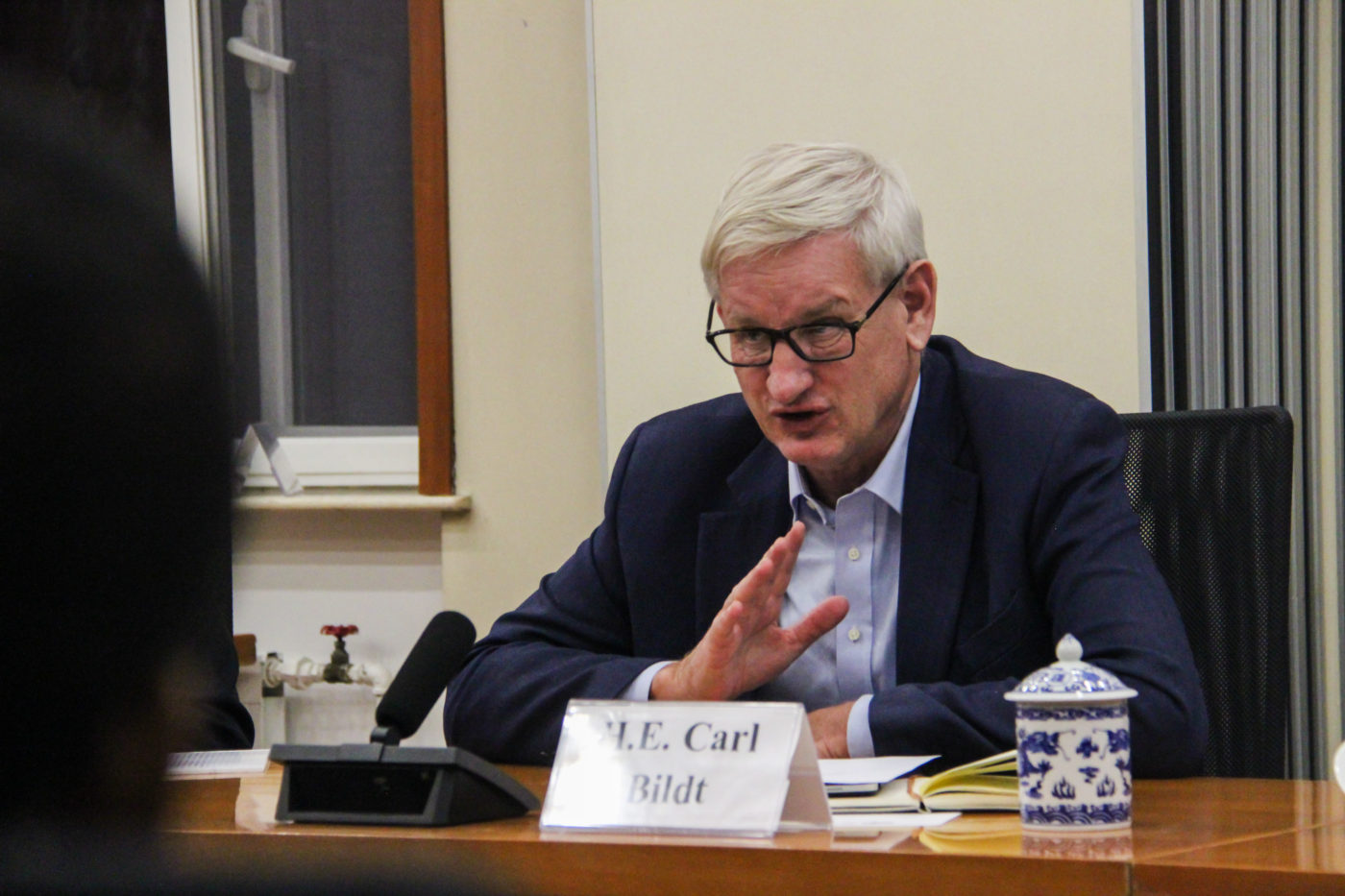
Carl Bildt, the former Prime Minister of Sweden, mentioned a set of issues in the international agenda currently being addressed in the framework of multilateral processes, like carbon emissions or treaties related to weapons of mass destruction. Bild condemned escalating trade disputes. He noted that trade should be high up on the agenda, as it is a key driver to growth and “if we don’t have growth and trade, we won’t achieve the SDGs”.
“I think we should avoid a theological debate, but focus on the practicalities”, said Bildt on multilateralism. In that regard, the WLA-CdM Member also underscored the activity of UN specialized agencies, which any reform of multilateralism should take into account. “While the UN Security Council disagrees on many things, the agencies are doing lots of work for the wellbeing of nations all over the world”, he said.
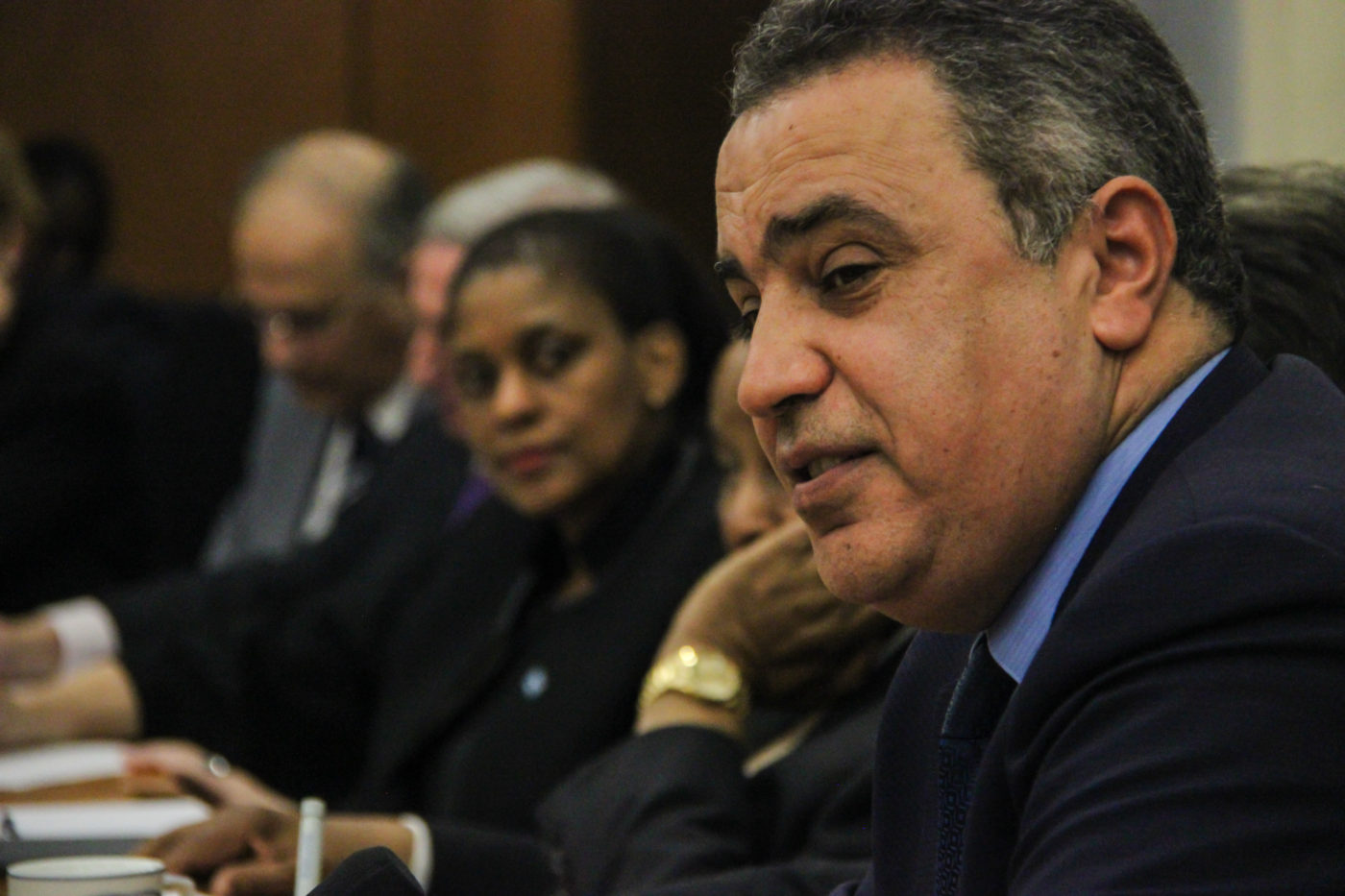
To Mehdi Jomaa, the former Prime Minister of Tunisia, the current multilateral system is “limited” as it was built around “two blocks” and the world has changed since the Fall of the Berlin Wall. In consequence, now “we have a more interconnected world, everything changes quickly and we need a more efficient multilateral system”, said the WLA-CdM Member.
PM Jomaa noted that many of the challenges we face are interconnected, universal, and should, therefore, have a global answer. High on the agenda should be climate change and technological transformation, Jomaa added.
Finance Ministers for Sustainable Development
To achieve Agenda 2030 countries will need to allocate a fair amount of investment. During the debate, Members and experts noted that often it is environmental or foreign ministers that are invited to meetings on sustainable development. And these ministers often lack the resources and power to implement the agreements.
Instead, Members and experts suggested, it would be useful to engage finance ministers in the meetings. They are often the ones with the power and the resources to bring about Agenda2030, yet their priorities tend to lie elsewhere.

Multilateralism 2.0
How can we devise a multilateral system capable of addressing the challenges posed by the technological transformation? This question kept emerging during the discussion.
For example, PM Carl Bildt highlighted digital taxation as an area of potential reform, cautioning about its potential to mess up the current trade context. How we decide to regulate global data flows, Bildt warned, is also tremendously important.
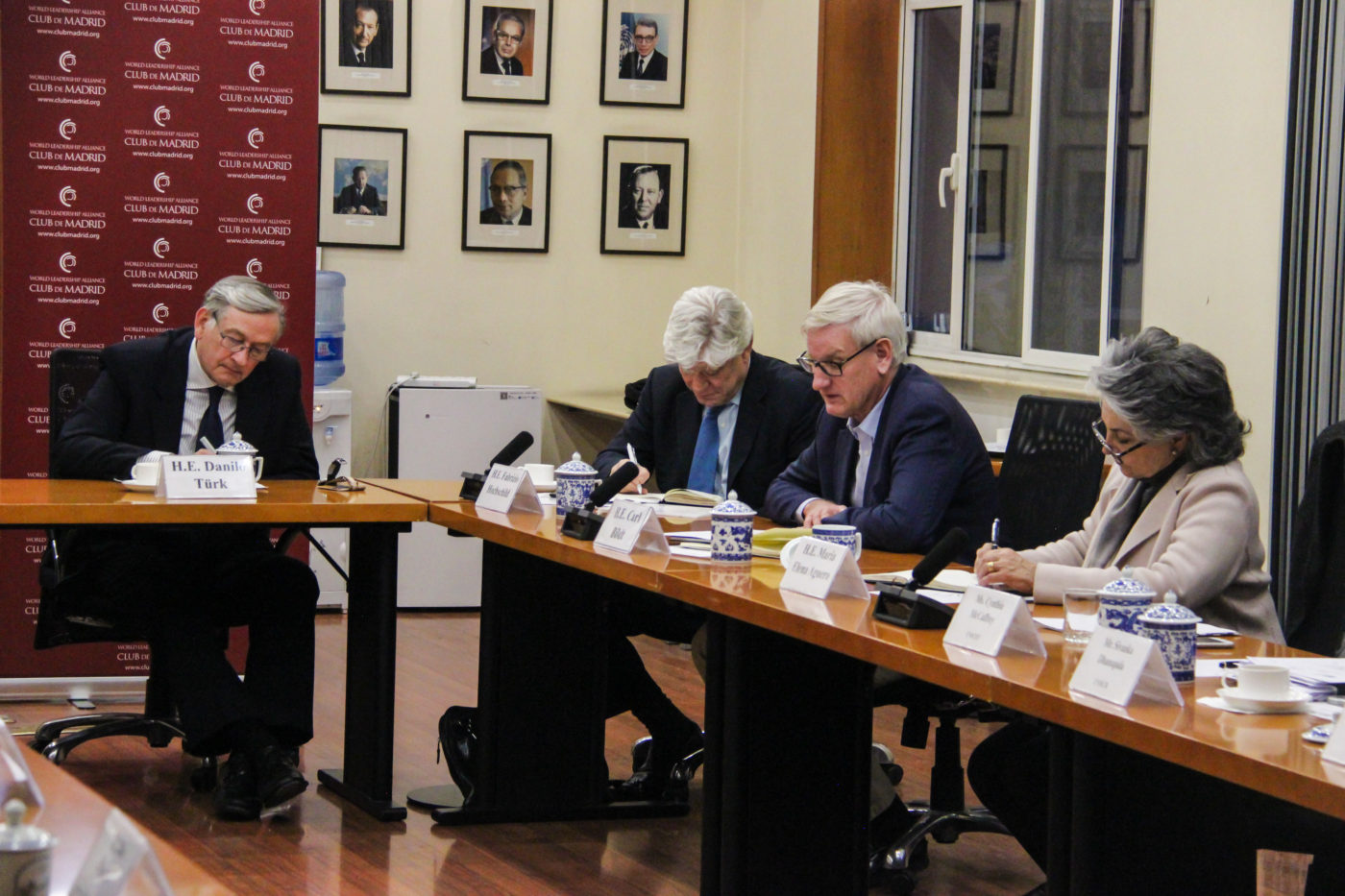
Fabrizio Hochschild recalled how difficult it was to have a UN Agreement on Internet Governance and how it all floundered because of one country in particular. The idea that the Internet should be global and free prevailed. But now it’s the absence of Internet governance that is keeping the Internet from being global and free. Quite the contrary, believes the UN adviser.
Carl Bildt pointed out that there’s already some sort of Internet governance system, which is “highly complex and works”. The problem, he claimed, is “the behaviour of some states in the net”. Coming up with norms for states on the net is highly controversial, he added.
A mixed audience of international organization representatives and ambassadors raised their own issues, ranging from China’s enhanced role in global affairs, an assessment of this country’s access to the WTO, megacities, and climate change. UN Resident Coordinator Nicholas Rossellini, who in his speech also hoped that the UN takes its 75th Anniversary as a chance to revisit multilateralism, thanked WLA-CdM Members and other assistants for their rich contributions.
